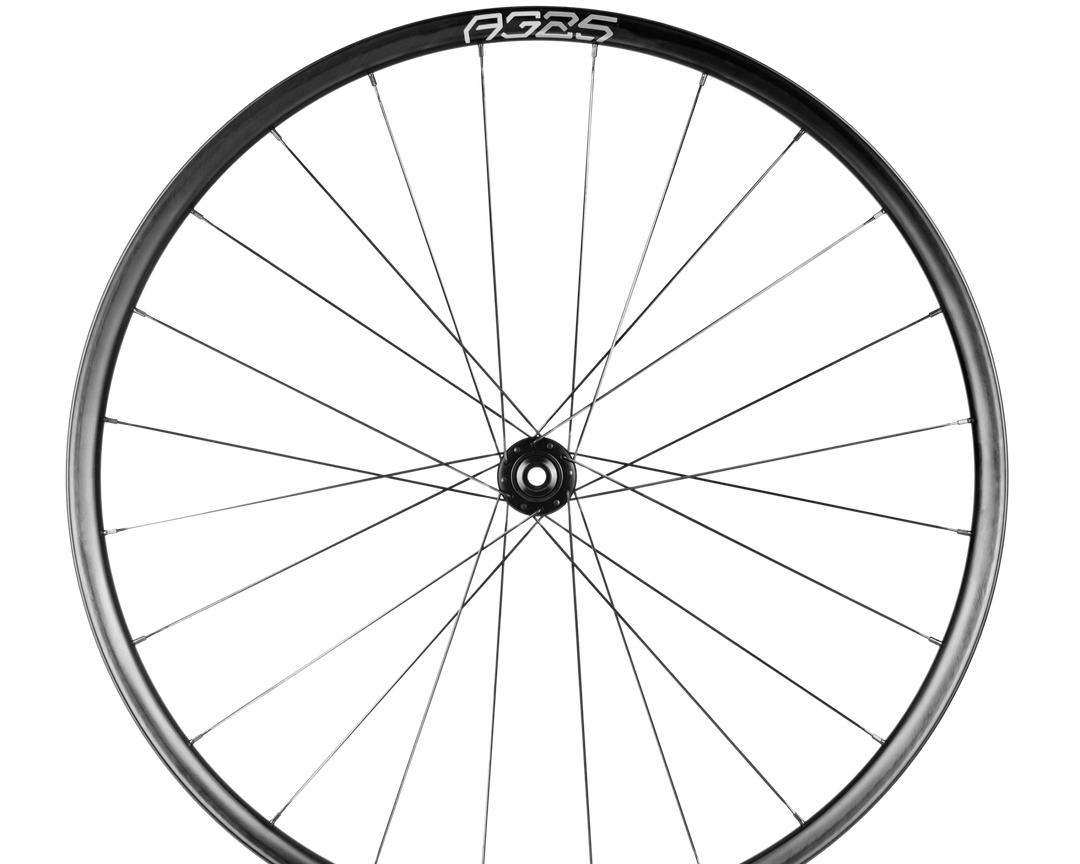
Welcome to MECHANIC / bicycle pro shop
A service-based bike shop with a strong community focus, building some of the finest bicycles in The Greater Philadelphia area.
This section doesn’t currently include any content. Add content to this section using the sidebar.

Introducing The
Enve Fray
Custom Specification or Complete Bike
We have the right option for you.

Get Off The Road With The
Enve Mog
Custom Specification or Complete Bike
We have the right option for you.
Shop our store online
Introducing Classified Cycling and the Revolutionary POWERSHIFT hub

























